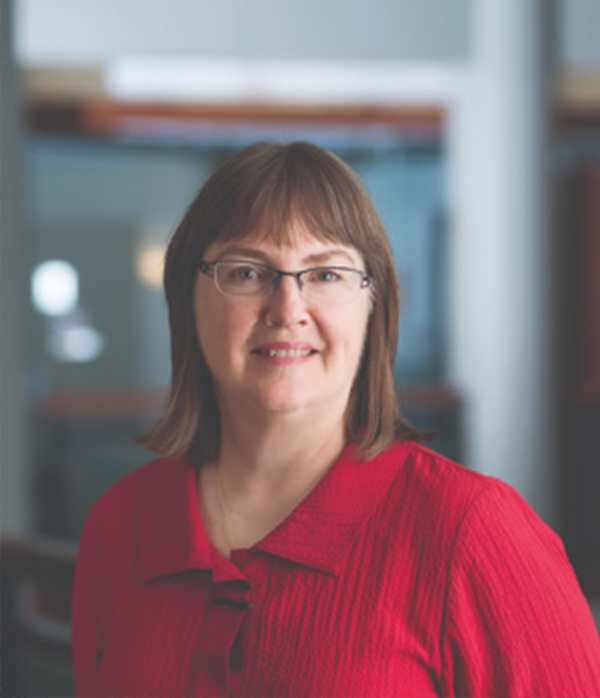BEST presidency a full-circle moment for chief scientist Dr. Dana Devine

The BEST Collaborative
Adding a title like ‘BEST President’ to any CV certainly has an impressive ring to it, but for Dr. Dana Devine, whose career has many accomplishments and accolades, it feels like coming full circle. Devine, Canadian Blood Services chief scientist, will commence her four-year term as President of the Biomedical Excellence for Safer Transfusion (BEST) Collaborative this September, two decades after she attended her first meeting with the international research organization.
‘It really feels like I’m coming full circle. I have had an enjoyable 20 years with BEST, partly due to the leadership role I have had within the conventional components team,’ says Devine.
The BEST Collaborative describes itself as ‘a unique free-standing group of over 170 manufacturers, clinicians, and scientists from 22 countries committed to improving transfusion practice through international studies’. In addition to the two Canadian blood operators, Canadian Blood Services and Héma-Québec, BEST’s blood services members span the globe, including the Australian Red Cross Blood Service, Italian National Blood Centre, Irish Blood Transfusion Service, Singapore Health Services Authority, and Établissement Français Du Sang (EFS).
The Conventional Components Team (CCT) Devine refers to is one of four teams that bring the researchers from these different countries together within the BEST Collaborative. Through these teams, the BEST Collaborative’s 42 scientific members undertake research projects towards their vision of leading ‘the field of transfusion medicine and cellular therapies toward the best products and practices for donors and patients’. Since their inception in 1991, the BEST Collaborative has published more than 135 peer reviewed research papers, a testament to the power of their combined expertise and the extent of their impact internationally.
BEST research
With the CCT, Devine has held the role of team leader for research that improves the processing, quality, and utility of conventional blood components like red blood cells and platelets. Dr. William Sheffield, associate director of research at Canadian Blood Services, and Dr. Jason Acker, Canadian Blood Services senior scientist, are also members of the CCT within BEST. Examples of the CCT’s work include this survey of blood centre readiness regarding removal of DEHP from blood bag sets on which Acker is a co-author. DEHP is a chemical present in the plastic of many blood bags and an upcoming ban on its use is likely to impact blood operators around the world. This timely BEST survey showed many blood operators are not yet prepared for the changes that will come when DEHP is banned and highlights the need for more research into alternative bags.
Canadian Blood Services links to the BEST Collaborative extend to other research teams, too. Dr. Mindy Goldman, medical director of donation studies and policy, is a scientific member of the BEST Collaborative whose work with the Donor Studies Team has included a recent publication focused on blood donor eligibility criteria. And Dr. Alan Tinmouth, Canadian Blood Services adjunct scientist, is a team leader for the Clinical Studies Team that addresses questions about safety, efficacy, or efficient use of transfused blood and components.
‘On the whole, I think that Canadian Blood Services has a significant presence at BEST,’ notes Devine.
When asked whether she could describe her upcoming term as President in just one or two words, Devine had this to share: “That’s easy – ‘more research’!”
Read this post on the Centre for Blood Research blog: https://cbr.ubc.ca/dana-devine-best-collaborative-president/
Canadian Blood Services – Driving world-class innovation
Through discovery, development and applied research, Canadian Blood Services drives world-class innovation in blood transfusion, cellular therapy and transplantation—bringing clarity and insight to an increasingly complex healthcare future. Our dedicated research team and extended network of partners engage in exploratory and applied research to create new knowledge, inform and enhance best practices, contribute to the development of new services and technologies, and build capacity through training and collaboration. Find out more about our research impact.
The opinions reflected in this post are those of the author and do not necessarily reflect the opinions of Canadian Blood Services nor do they reflect the views of Health Canada or any other funding agency.